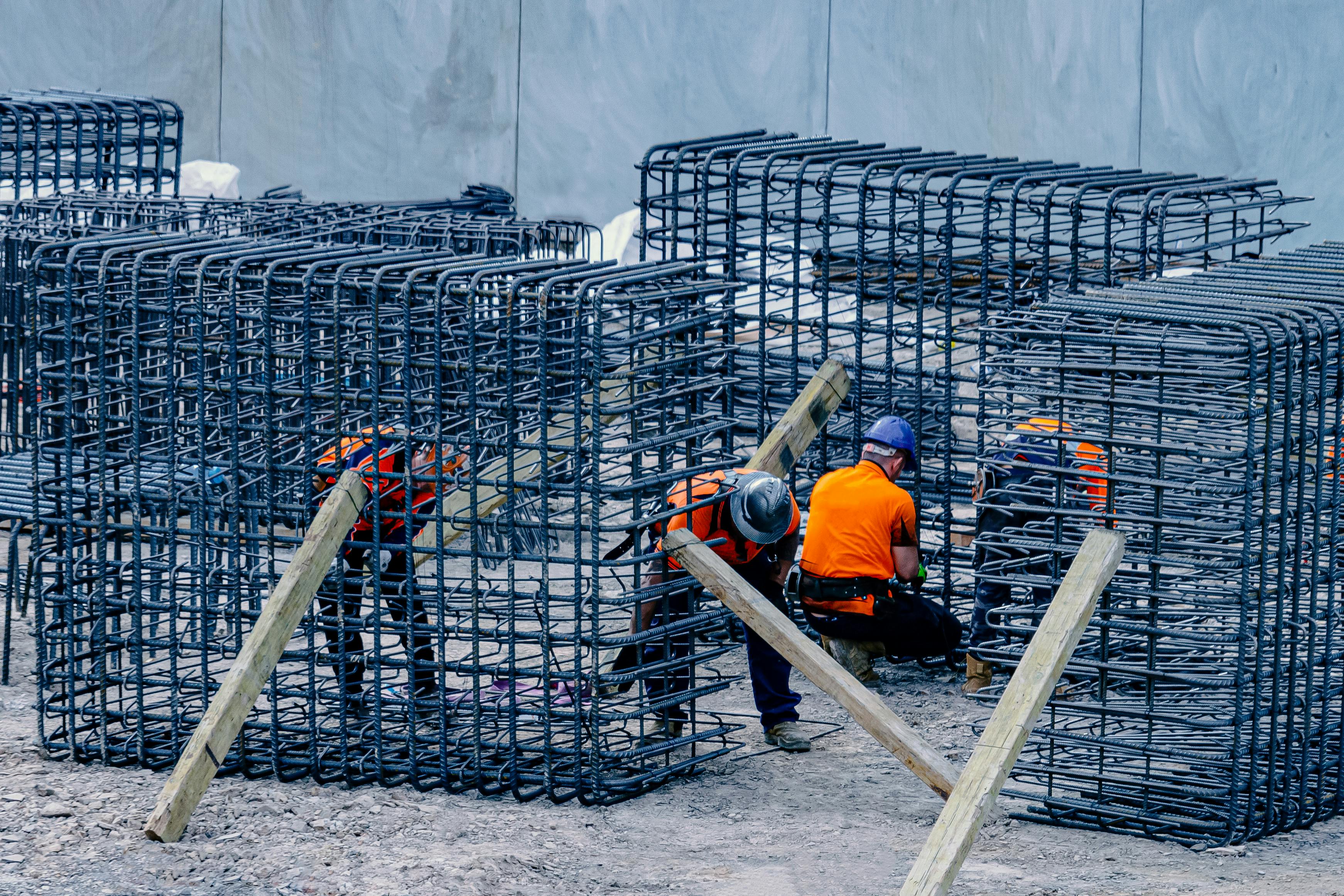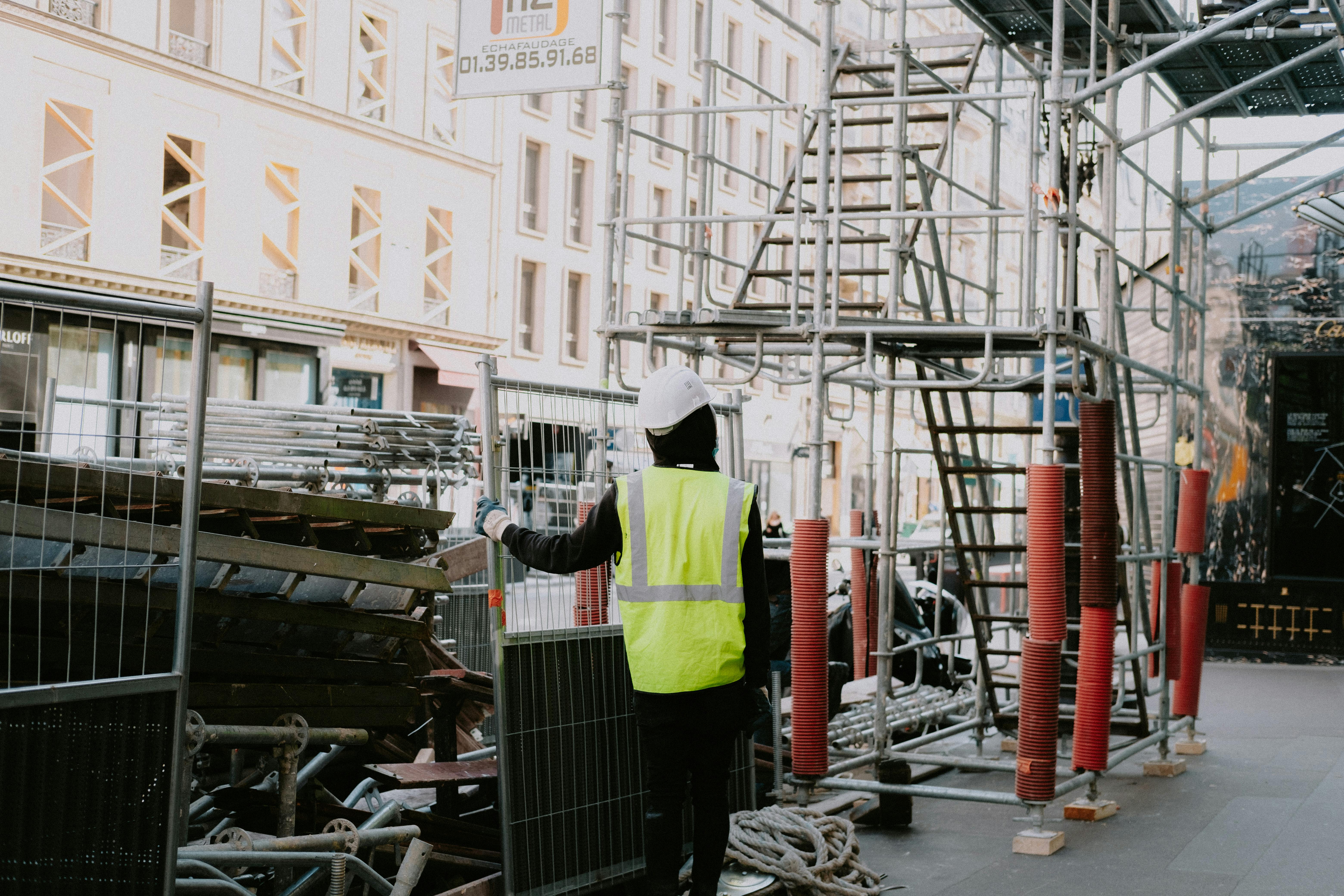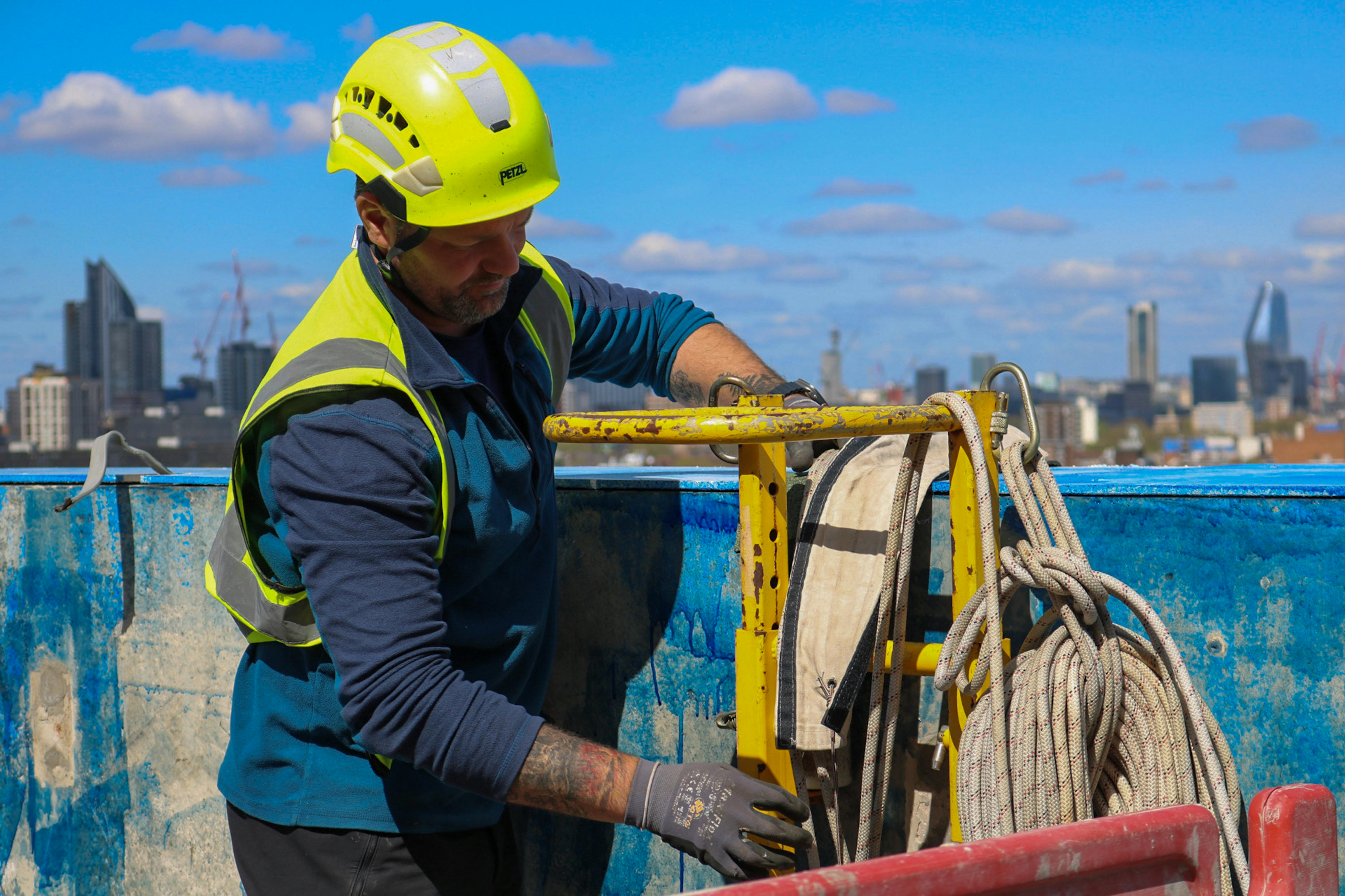Preventing Machinery Accidents on New Jersey Construction Sites

The machines on a New Jersey construction site make modern building possible. They are powerful tools that can lift tons of steel, cut through thick concrete, and move mountains of earth. But that same power also makes them incredibly dangerous. An injury from a piece of construction machinery is often severe and life-altering.
Many people think these are just "freak accidents." But that is almost never true. An injury from a machine is usually a sign of a safety failure. It happens when a company chooses to ignore a safety rule or remove a safety guard, often to save a little time or money. When that choice leads to a worker getting hurt, it is not an accident—it is negligence.
Here at Levinson Axelrod, we believe your story deserves a tough legal fight. If you were harmed by a piece of equipment on a job site, a New Jersey construction accident lawyer from our firm is ready to help. Call us for a free, confidential talk.
What Are the Most Common Machine-Related Injuries in New Jersey?
The injuries caused by construction machinery are often devastating. Because of the power and force of these machines, they can cause permanent damage in an instant.
The most common injuries our attorneys see from machinery accidents are:
- Amputations and Crushing Injuries. This is the most serious risk. A worker can get a hand, arm, finger, or leg caught in the moving parts of a machine, such as rollers, gears, or belts.
- Serious Cuts (Lacerations). The blades on saws and other cutting tools can cause deep, disabling cuts.
- Struck-By Injuries. A worker can be hit by a moving part of a machine or by a piece of wood or metal that gets thrown from the machine at high speed.
The U.S. Bureau of Labor Statistics (BLS) reports that "contact with objects and equipment" is one of the leading causes of all serious workplace injuries in the country.
What is the Most Important Safety Rule for Machinery in NJ?
The single most important rule for machine safety is "machine guarding." A machine guard is a shield or a barrier that is put on a machine to protect the worker from its dangerous parts. Think of the simple screen that covers the blades of a fan in your home. A machine guard on a construction site does the same thing, but it protects workers from much more powerful dangers.
According to the Occupational Safety and Health Administration (OSHA), a guard must protect the worker from:
- The "point of operation" (the spot where the work is being done, like where a saw blade cuts wood).
- Rotating parts, like gears and belts.
- Flying chips, sparks, and debris.
The law is very clear: these guards must be attached to the machine, and they must not be removed.
Why Would a NJ Company Ever Remove a Safety Guard?
This is a question our attorneys ask in almost every machinery accident case. If a safety guard is so important, why would a company ever take one off? The answers are almost always about speed and money.
Sometimes, a guard is removed to make the machine run faster. Sometimes, a worker is told to take it off to clear a jam quickly. And sometimes, a company will just say that the guard was "in the way."
These are not good reasons. They are excuses. Taking off a safety guard is a deliberate choice. It is a choice that puts a worker's life and limbs at risk, just to save a few seconds. The New Jersey Supreme Court has looked at cases like this and said that deliberately removing a safety device is an extreme act of carelessness.
How Does "Lockout/Tagout" Prevent Machinery Injuries in New Jersey?
"Lockout/Tagout" is another very important safety procedure. It is a system to make 100% sure that a machine is completely turned off and cannot be started up by accident while someone is doing maintenance, repairs, or cleaning a jam.
The National Safety Council (NSC) explains that this system saves lives. Here is how it works in simple terms:
- The worker who needs to service the machine turns off the power at the main switch.
- They then place their own personal lock on that switch so it cannot be flipped back on.
- They also place a tag on the lock that says "Danger: Do Not Operate" with their name on it.
Only the worker who placed the lock has the key to remove it. This simple procedure prevents the machine from suddenly starting up while a worker's hands are in a dangerous area.
Who Is Responsible for Machine Safety on a New Jersey Job Site?
When a worker gets hurt by a machine, there can be several parties who are at fault.
Your Employer
Your direct employer has the number one duty to make sure all the machinery you use is safe. This means they must make sure all safety guards are in place and that the equipment is in good working order. They also must train you on how to use each machine safely. The NJ Department of Labor makes it clear that providing a safe workplace is the employer's responsibility.
The General Contractor
The general contractor in charge of the whole project also has a responsibility to keep the site safe. If they see a subcontractor using a machine with a missing guard, they have a duty to stop the work.
The Manufacturer
If you were hurt because the machine itself was designed poorly or was defective, the company that made the machine can be held responsible in a product liability lawsuit.
Why You Need a New Jersey Attorney After a Machinery Accident
When you have been seriously hurt by a machine, the company and its insurance carrier will often try to blame you. They might say you weren't being careful or that you did something you weren't supposed to do.
Our skilled New Jersey personal injury attorneys know how to fight back. Our investigation focuses on the machine and the company's choices, not on you.
- Our lawyers hire our own engineers to inspect the machine: They can tell us if a safety guard was removed or if the machine had a dangerous defect.
- We get the company's records: We use the legal process to get the machine's maintenance history and the company's safety training records.
- We talk to your coworkers: We find out if other workers had complained about the machine being unsafe or if the company had a habit of making people work without safety guards.
This is how we prove that the accident was not your fault. It was the company's fault.
Why Choose Levinson Axelrod for Your NJ Machinery Injury Case?
A safety guard is a promise from a company that it values its workers' well-being. When a company breaks that promise and you get hurt, we are here to make them answer for it.
If you or a loved one has been hurt in a machinery accident on a New Jersey construction site, call Levinson Axelrod today. Our experienced attorneys understand these difficult cases. Contact us for a free, confidential consultation.



.avif)